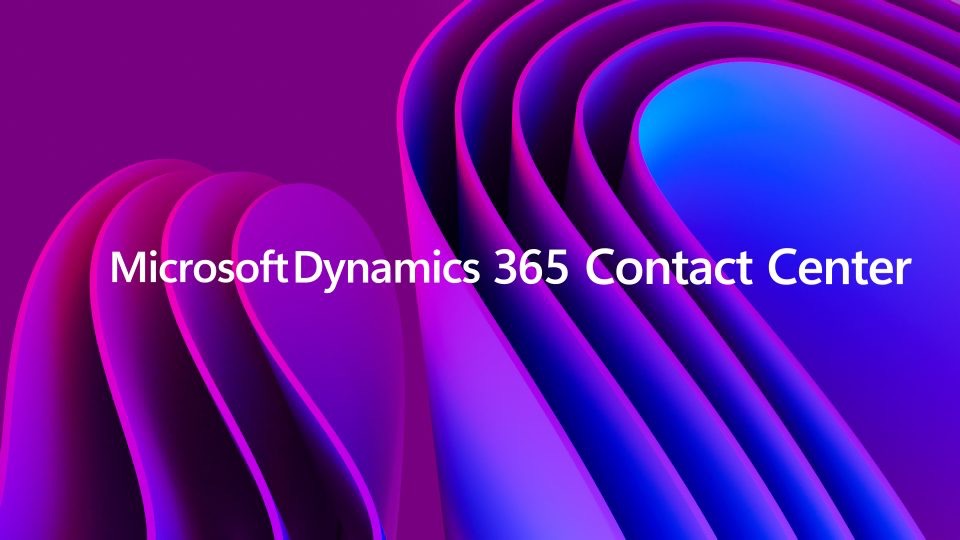
The upcoming upgrade of Windows 10 to Windows 11 has given rise to apprehensions among users regarding the compatibility of their hardware and the new Trusted Platform Module (TPM) requirements.
Reported via reuters, it has been suggested that a large number of devices, totalling approximately 240 million, may encounter difficulties during the upgrade. This presents a predicament for users, who must now choose between continuing with their existing operating system or upgrading to new hardware to experience the latest Microsoft offering.
The compatibility issue currently being faced is attributed to the stringent hardware requirements established by Microsoft for Windows 11. The need for a TPM version 2.0 has emerged as a critical requirement for this new operating system. The TPM 2.0 module is a specialized hardware component designed to provide an additional layer of security in a computing system, allowing it to perform secure boot and other critical security functions. The absence of a TPM 2.0 module can lead to compatibility issues and hinder the installation or functioning of Windows 11.
For affected users, the prospect of being left behind is disheartening, particularly considering the expected improvements in performance, security, and user experience promised by Windows 11. Many are now faced with the decision of either purchasing new hardware that meets the stringent requirements or continuing with an unsupported version of Windows 10.
Industry experts are quick to point out the potential security risks associated with continuing to use an unsupported operating system. With the end of official support for Windows 10 scheduled for 2025, users may find themselves increasingly vulnerable to security threats and compatibility issues as time goes on.
In response to the growing concerns, Microsoft has assured users that it will continue to support Windows 10 with updates and security patches until its end-of-life date. However, for those eagerly anticipating the new features and enhancements of Windows 11, the prospect of being left out is a bitter pill to swallow.
As the tech world awaits the official release of Windows 11, many users are faced with a difficult decision about the future of their computing experience. Whether it’s investing in new hardware, sticking with Windows 10, or exploring alternative operating systems, the impact of Windows 11’s upgrade incompatibility is palpable for millions of users worldwide.


